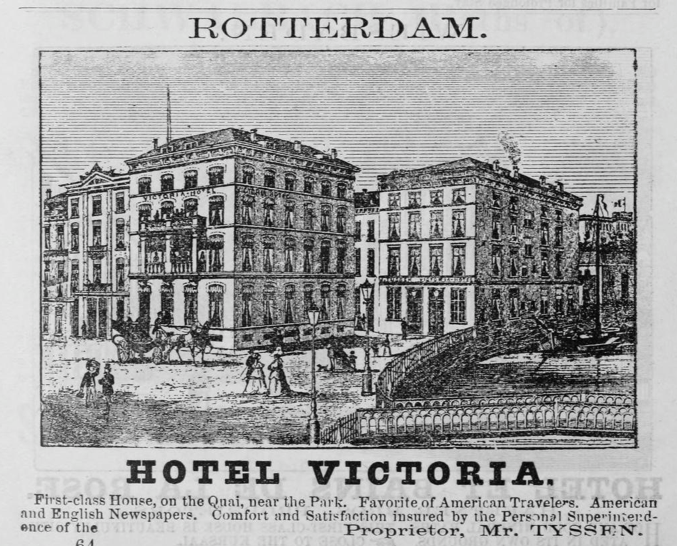A good overview of what's happening in other places around the world there. Seems like France is doing much better than OTL for Mexico, although the Taiping are on their last legs. Has Britain pulled back in anyway from other places in the world to focus on the US? Seems like they're still active enough in Asia and Japan at least.
Some changes, but a lot of what was, essentially, OTL in Mexico, Japan and China. Though you may pick up subtle hints of what's changing.
As for Britain, they actually commit less to crushing the Taiping here, with a battalion withdrawn from China and Ward still alive, much of the work in driving the Taiping away from Shanghai has fallen to the French and the Ever Victorious Army. The Japanese situation is much as OTL, but the British are intending to come back and really give it to them. The biggest withdrawals have been in New Zealand where the Maori are getting wise to the fact that they might have a bit more leverage...
Overall though, while the British commitments in Asia and the Pacific are a bit stretched, they were not too deeply tied down in any campaign in OTL 1862 that they would have found themselves overstretched. Their forces had grown overall and after the furious campaigns in the 1850s, they had pretty well achieved most of their strategic objectives in the region. Doesn't mean trouble won't crop up later of course...
Sun never sets on the Hapsburg chin hype?
Ironically, everything I've written thus far is almost point for point OTL of the French invasion of Mexico in 1863. In OTL, well into 1865, you might be forgiven for thinking the Mexican Republic was doomed because the French were doing just that well. They ended up controlling every major port, much of the vast interior, and the forces of Juarez were pushed to the extreme north and south, with only scattered guerilla resistance remaining. It was only the end of the Civil War and serious American diplomatic and material intervention - to the point where the US army "lost" tens of thousands of rifles and uniforms on the banks of the Rio Grande - which turned things around. In 1864 OTL many prominent liberal generals who were defeated simply switched sides because they felt the fall of the republic was inevitable. Better to take your chances with a new government than fight to the death for a lost cause.
The only major difference I've written out here is that many major generals who actually
escaped French captivity OTL have been put on a steamer and sent to a comfortable exile in France, with a notable exception. Many of the generals who did escape captivity OTL were instrumental in driving the French back. So TTL we shall see what happens then...
Something about that extract on Zeng...
How to put this?
Is he going to act on a certain... suggestion... made by his brother in this timeline?
Hmm well in the TL's opening I did say:
It has often been said that the 1860s were a decade on which the ideologies of a new age were hammered out upon the anvil of war
And historically the Taiping did awaken an anti-Manchu feeling, while many provincial observers at the time and even outsiders did note that with all the chaos (famine and flooding, foreign invasion) and rebellion (the Taiping Revolt was one of
three major simultaneous rebellions) that it did indeed seem that the Qing had lost the Mandate of Heaven. I would say its not
implausible that someone might end up leaning the other way in seeing the court in Beijing being, how should I say,
unworthy of the task of reforming the Empire? As to the
who, well I couldn't possibly say!

